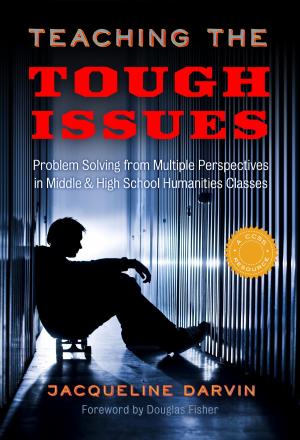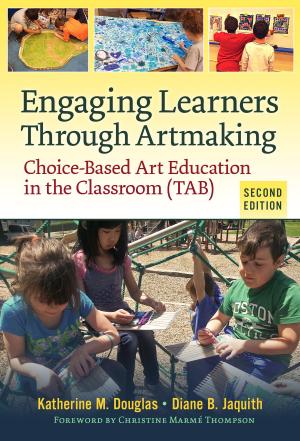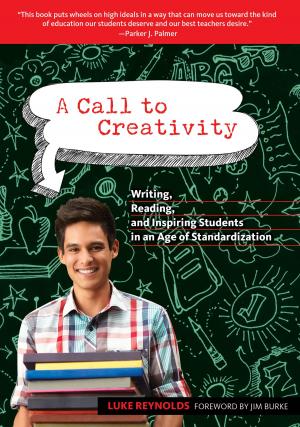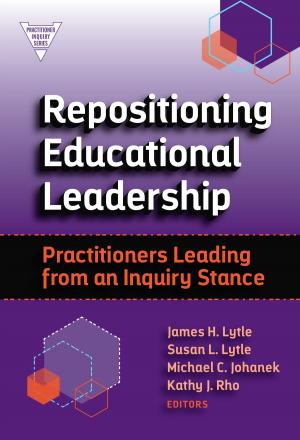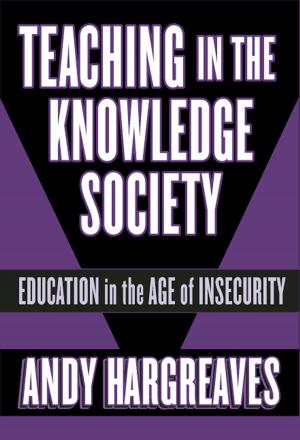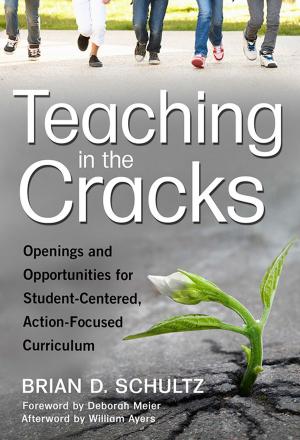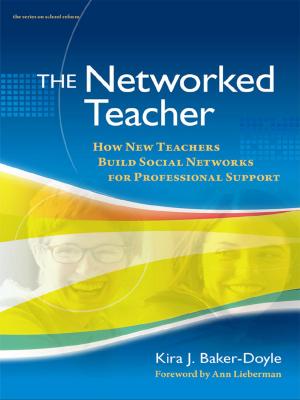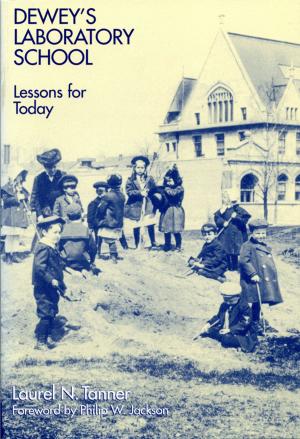Engaging the "Race Question"
Accountability and Equity in U.S. Higher Education
Nonfiction, Reference & Language, Education & Teaching, Educational Theory, Multicultural Education, Higher Education| Author: | Alicia C. Dowd, Estela Mara Bensimon | ISBN: | 9780807773468 |
| Publisher: | Teachers College Press | Publication: | December 15, 2009 |
| Imprint: | Language: | English |
| Author: | Alicia C. Dowd, Estela Mara Bensimon |
| ISBN: | 9780807773468 |
| Publisher: | Teachers College Press |
| Publication: | December 15, 2009 |
| Imprint: | |
| Language: | English |
This book is for anyone who is challenged or troubled by the substantial disparities in college participation, persistence, and completion among racial and ethnic groups in the United States. As codirectors of the Center for Urban Education (CUE) at the University of Southern California, coauthors Alicia Dowd and Estela Bensimon draw on their experience conducting CUE’s Equity Scorecard, a comprehensive action research process that has been implemented at over 40 colleges and universities in the United States. They demonstrate what educators need to know and do to take an active role in racial equity work on their own campuses.
Through case studies of college faculty, administrators, and student affairs professionals engaged in inquiry using the Equity Scorecard, the book clarifies the “muddled conversation” that colleges and universities are having about equity. Synthesizing equity standards based on three theories of justice—justice as fairness, justice as care, and justice as transformation—the authors provide strategies for enacting equity in practice on college campuses. Engaging the “Race Question” illustrates how practitioner inquiry can be used to address the “race question” with wisdom and calls on college leaders and educators to change the policies and practices that perpetuate institutional and structural racism—and provides a blueprint for doing so.
Book Features:
- Provides concrete examples of policy and practice for improving equity in postsecondary education.
- Examines the role of individuals and groups in the change process.
- Includes examples of action research tools from the Equity Scorecard.
- Offers strategies for professional development and organizational change.
“Dowd and Bensimon have been at the forefront of racial equity research in higher education for nearly two decades, and their racial equity scorecard has changed the way higher education thinks about the issue.”
—Patricia Gándara, co-director, The Civil Rights Project
“Proven strategies that every educator in America can use to develop context-specific solutions for advancing equity while exploring the legacy of institutionalized racism that typically paralyzes reform and hinders change.”
—Tia Brown McNair, senior director for student success, Association of American Colleges and Universities
“A valuable step-by-step guide to making our colleges more academically inviting and egalitarian.”
—Mike Rose, author of Back to School: Why Everyone Deserves a Second Chance at Education
This book is for anyone who is challenged or troubled by the substantial disparities in college participation, persistence, and completion among racial and ethnic groups in the United States. As codirectors of the Center for Urban Education (CUE) at the University of Southern California, coauthors Alicia Dowd and Estela Bensimon draw on their experience conducting CUE’s Equity Scorecard, a comprehensive action research process that has been implemented at over 40 colleges and universities in the United States. They demonstrate what educators need to know and do to take an active role in racial equity work on their own campuses.
Through case studies of college faculty, administrators, and student affairs professionals engaged in inquiry using the Equity Scorecard, the book clarifies the “muddled conversation” that colleges and universities are having about equity. Synthesizing equity standards based on three theories of justice—justice as fairness, justice as care, and justice as transformation—the authors provide strategies for enacting equity in practice on college campuses. Engaging the “Race Question” illustrates how practitioner inquiry can be used to address the “race question” with wisdom and calls on college leaders and educators to change the policies and practices that perpetuate institutional and structural racism—and provides a blueprint for doing so.
Book Features:
- Provides concrete examples of policy and practice for improving equity in postsecondary education.
- Examines the role of individuals and groups in the change process.
- Includes examples of action research tools from the Equity Scorecard.
- Offers strategies for professional development and organizational change.
“Dowd and Bensimon have been at the forefront of racial equity research in higher education for nearly two decades, and their racial equity scorecard has changed the way higher education thinks about the issue.”
—Patricia Gándara, co-director, The Civil Rights Project
“Proven strategies that every educator in America can use to develop context-specific solutions for advancing equity while exploring the legacy of institutionalized racism that typically paralyzes reform and hinders change.”
—Tia Brown McNair, senior director for student success, Association of American Colleges and Universities
“A valuable step-by-step guide to making our colleges more academically inviting and egalitarian.”
—Mike Rose, author of Back to School: Why Everyone Deserves a Second Chance at Education



